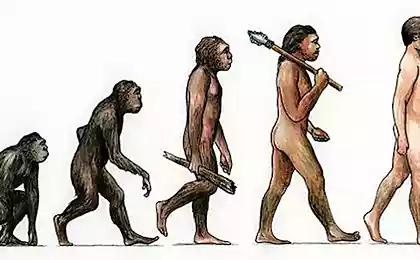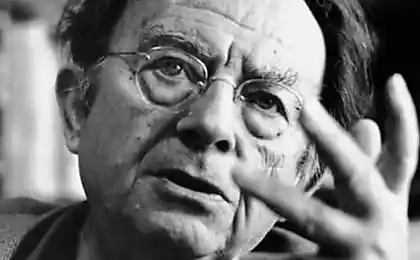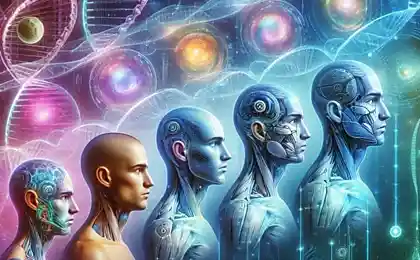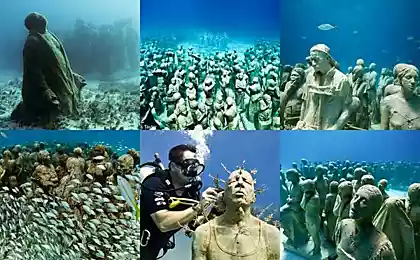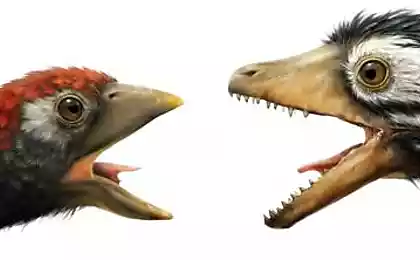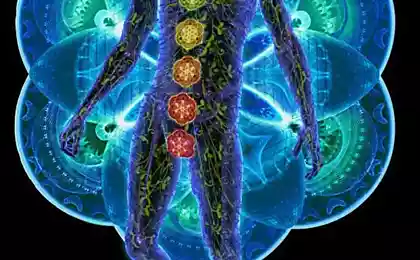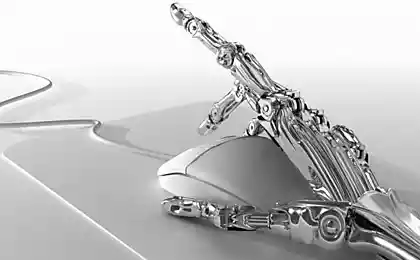476
Why when meeting we look at the eyes
If we take for example the animal world, we can say that all the zebras, in our view, look the same, and we are quite hard to find in these differences. All lions are very similar to each other, and hardly anyone would argue that learns of Leo's facial expression... note the Dalmatians: they have a more or less marked differences due to the different arrangement of spots, however, in General, are difficult to identify visually.
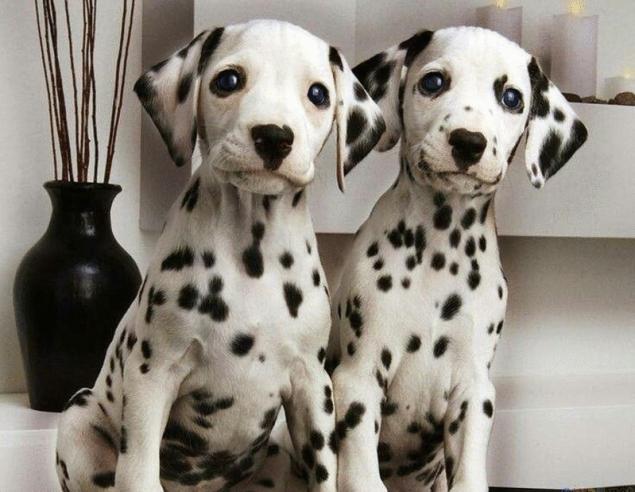
However, the difference in appearance, of course, there are animals. And it is very important for evolution. We think all sheep are the same, but because they somehow recognize each other... For society is very important to recognize the appearance of individuals of one group and distinguish while others, especially it is necessary for the process of reproduction. Birds to identify each other, chirping. Some mammals recognize each other by smell because their sense of smell is better developed than sight. The most developed vision, and it defines the differences visually. Not in vain humanity has evolved to avoid many problems because of the similarity. A wide variety of facial features and its role in the evolution of mankind became the subject of a new research scientist and evolutionist Dr. Michael Sheehan of the University of California. To study the evolution of the human face Sheehan has chosen a rather strange place – the US army, where he used a database of body measurements. Created the database was in 1988, it based on the parameters of male and female personnel, military personnel and was created for convenience, ensuring their uniforms and overalls. On the basis of this database, Dr. Sheehan and his colleague, Dr. Michael Nachman, geneticist, Director of the Museum of vertebrate Zoology, made a statistical comparison of the features of human faces (e.g., distance from forehead to chin, ears, width of nose, distance between the eye cavities, etc.) with the other features of the body (for example, height, length of forearm, circumference of the waist). The comparison showed that the features of a human face on average more diverse than other human parameters. "And the most variable features on our faces are the triangle of the eyes, mouth and nose," explained Dr. Sheehan. That's why when meeting we first notice the eyes, fix the mind on the movements of the lips.

The project has been studied more than 1000 human genomes from the world catalogue of genetic variations. Scientists came to the conclusion that the variability of indicators of sites that are responsible for changes in facial features, much higher than those that are responsible for other areas of the body. A similar situation can be seen in the study of the genomes of the Neanderthal period, which confirms the high probability of evolutionary change of the person's appearance because of social reasons.
Source: estet-portal.com

However, the difference in appearance, of course, there are animals. And it is very important for evolution. We think all sheep are the same, but because they somehow recognize each other... For society is very important to recognize the appearance of individuals of one group and distinguish while others, especially it is necessary for the process of reproduction. Birds to identify each other, chirping. Some mammals recognize each other by smell because their sense of smell is better developed than sight. The most developed vision, and it defines the differences visually. Not in vain humanity has evolved to avoid many problems because of the similarity. A wide variety of facial features and its role in the evolution of mankind became the subject of a new research scientist and evolutionist Dr. Michael Sheehan of the University of California. To study the evolution of the human face Sheehan has chosen a rather strange place – the US army, where he used a database of body measurements. Created the database was in 1988, it based on the parameters of male and female personnel, military personnel and was created for convenience, ensuring their uniforms and overalls. On the basis of this database, Dr. Sheehan and his colleague, Dr. Michael Nachman, geneticist, Director of the Museum of vertebrate Zoology, made a statistical comparison of the features of human faces (e.g., distance from forehead to chin, ears, width of nose, distance between the eye cavities, etc.) with the other features of the body (for example, height, length of forearm, circumference of the waist). The comparison showed that the features of a human face on average more diverse than other human parameters. "And the most variable features on our faces are the triangle of the eyes, mouth and nose," explained Dr. Sheehan. That's why when meeting we first notice the eyes, fix the mind on the movements of the lips.

The project has been studied more than 1000 human genomes from the world catalogue of genetic variations. Scientists came to the conclusion that the variability of indicators of sites that are responsible for changes in facial features, much higher than those that are responsible for other areas of the body. A similar situation can be seen in the study of the genomes of the Neanderthal period, which confirms the high probability of evolutionary change of the person's appearance because of social reasons.
Source: estet-portal.com


